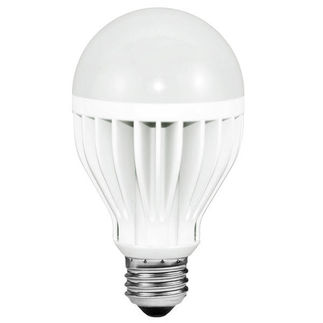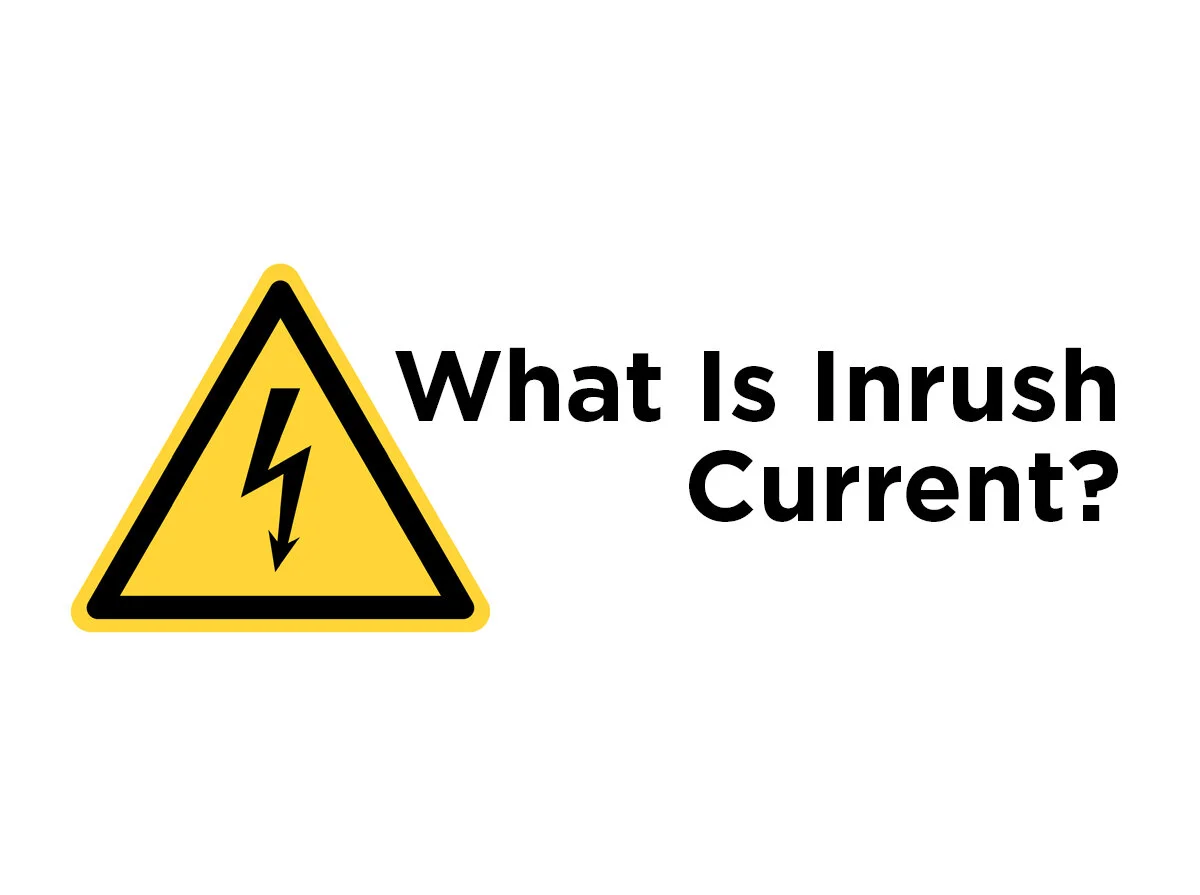What Appliances Use the Most Energy?
Every homeowner or renter has experienced the shock of an alarmingly high electric bill. Most people shrug it off in the summer or winter, knowing that heating and cooling systems are likely the culprit, but sometimes it comes as a complete surprise. How could I have used that much power? What in the world is making my electric bill so high? In some cases, it has to do with the pricing at an electric company, especially if you are on a variable-price plan and the price increases. But more often than not, it’s because you are over-using your most energy-consuming appliances. Let's take a look at the costliest home appliances, along with some tips for saving more money on your energy bill—other than simply using these things less, of course.
Heating/Cooling Systems
As you can see from our list, heating and cooling appliances are the most expensive to run. That’s why summer and winter months usually result in a higher electric bill than fall or spring. While central heating and cooling is the biggest perpetrator, your water heater and clothes dryer, space heater, and even your hair dryer use a surprising amount of power as well. Heating water for showers and clothes washing is particularly pricey, especially when you take the hour it takes to reheat the water tank into consideration—that’s 40 cents right there. Moreover, every load of laundry you wash and dry can cost between $1 and $2 each.
Luckily, you can save money simply by shortening your showers and washing your clothes with cold water. You can also set your water heater to reach, at most, a comfortable 120 degrees. According to the U.S. Department of Energy, every 10-degree reduction in water heat can result in 3 to 5 percent in monthly energy costs. Not to mention, doing this will also prevent you from accidentally scalding yourself when washing dishes or taking showers. You can also set your thermostat up or down 10 degrees when you're not at home to save an additional 10% on your total energy expenses each year.
Refrigeration
Being that your refrigerator needs to run 24/7, it can be difficult to cut costs on refrigeration. But saving money here shouldn’t exactly be overlooked, as an average fridge costs at least $1 a day to run—which can easily double for any additional freezers or refrigerators. The best way to save money in this area is to make sure your refrigerator is set at an optimal temperature—ever noticed your bottled water freezing up?—or reconsidering that extra fridge, freezer, or mini-fridge. According to the FDA, the ideal temperature for your refrigerator is 35°F, which gives you a safe distance from both a food-freezing 32°F and a food-spoiling 40°F, and your freezer should be set at a well-preserved 0°F.
Lighting
While 0.6 cents per 60-watt incandescent light bulb doesn’t seem like a lot, think of all the fixtures in your home that use more than one light bulb. The costs can add up, especially if you tend to leave your home for 8 or more hours a day with many of them on. Ten light bulbs (which can easily be used in just one or two rooms) cost 6 cents an hour, and when you run them for 6 to 8 hours a day for a year, it can end up costing you a more significant $120 to $180. By using energy-efficient CFL or LED light bulbs, however, you can save yourself up to $75 on lighting each year. And because these bulbs are also much more durable and long-lasting (incandescents last an average of 1,000-3,000 hours, whereas CFLs last an average 15,000 hours and LEDs an average 50,000 hours) you’ll also save the expense of replacing burned out bulbs.
The average U.S. household spends a little over $2,000 a year on home energy. However, this amount can be reduced by as much as 30% with our practical energy-saving tips and/or upgrading to more efficient appliances, such as those from ENERGY STAR®. Do you have any questions or comments regarding how to save money on running appliances? Give us a shout out below or send us a line on Facebook, Twitter, Google Plus, LinkedIn, Pinterest or Instagram!









